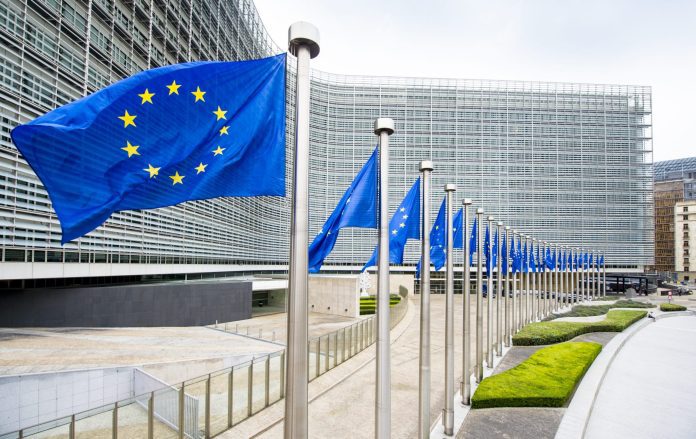The universities will define smart city projects with the aim of improving municipal services through IoT
Researchers at the University of Bradford, in the U.K., are working on nine smart city initiatives across Europe to help them save up to 50 million euros ($59.5 million) by leveraging internet of things (IoT) technology to improve the delivery of public services.
The five-year Smart Cities and Open Data Re-use (SCORE) project sees the University of Bradford working alongside the University of Amsterdam in The Netherlands and Aarhus University in Denmark to develop innovative ideas including interactive dustbins that can sense when they are full, intelligent car parks that can highlight empty spaces and real-time flood-warning information data.
These ideas will be trialed and potentially implemented in cities across Europe, including Aarhus, Amsterdam, Aberdeen, Bergen, Bradford, Dordrecht, Ghent, Gothenburg and Hamburg.
“The aim of the project is to improve the delivery of public services, using innovative software and data sharing,” said Dhaval Thakker, SCORE project principal investigator at the University of Bradford. “Our role is to use our expertise in creating IoT inspired solutions, to assist cities in developing new, and more efficient ways of delivering essential services.”
As part of the initiative, the SCORE partners will define 12 shared challenges to improve municipal services, covering services like the environment, water, parking and sustainable transport. They will then be tested in ‘living labs’, with the data and insights generated shared across all partners.
“Real time information from sensors within bins allows us to tell if they are full or not,” Thakker said. “This data can be used by planners to make positive changes. Using big data analytics on sensor data, we can improve route planning significantly, reducing wasted journeys which can save money and reduce pollution too.”
As part of the project the smart cities will work with local partners, including SMEs to put the projects into practice.

